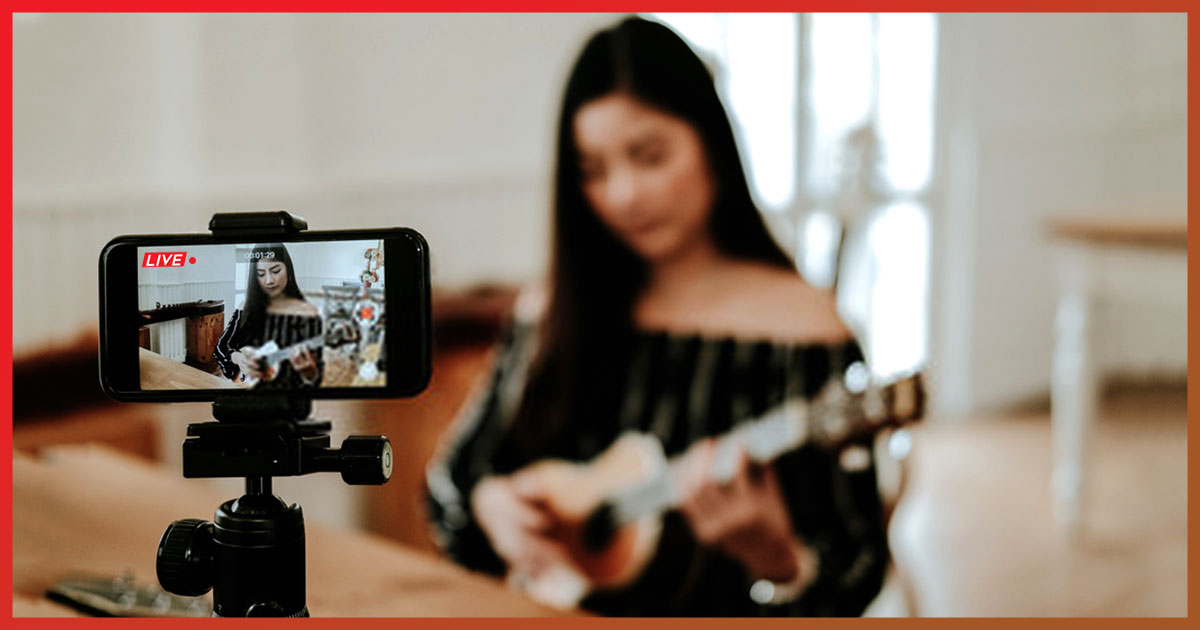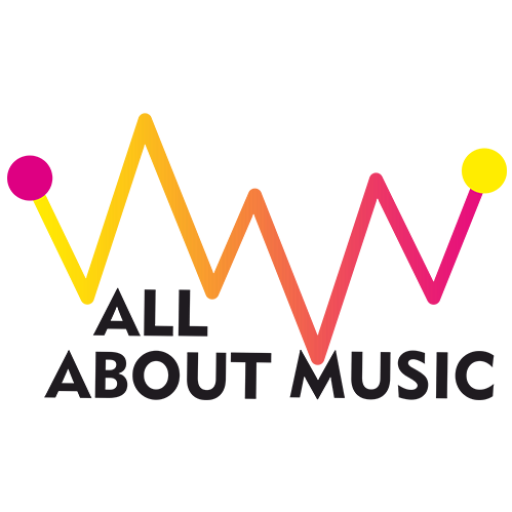
BEST PRACTICES FOR ARTISTS GOING LIVE ON SOCIAL MEDIA DURING THE COVID-19 PANDEMIC

During the national lock-down enforced due to the COVID-19 pandemic, we are seeing more and more artists take to social media to reach out to their audiences. As artists get their music online and attempt to navigate the laws applicable to their music, we thought to help by simplifying and condensing all the laws, rules and a couple of best practices that may be followed by them. To avoid confusion, please note that we have used the word “music” loosely to refer to both a song as well as a simple musical composition.
Are you violating anyone else’s copyright?
Copyright is a bundle of rights that subsist in the underlying musical composition and lyrics of a song, as well as in the recording of a song. This bundle includes several rights, i.e. the right to reproduction, the right of reproduction, the right of communication, the right of distribution, the right of adaptation, the right of translation, and the right to make a sound recording/film of the music and lyrics. If you are putting up any music online, be it your own work or someone else’s (by way of a cover version of an existing song or borrowing certain aspects of an existing song to add to your own composition), ensure you have the valid authorizations and/or licenses. Any act of unauthorized utilization of someone else’s work (no matter how minimal) is a potential violation of their copyright.
Are there any exceptions to the above?
The only exception to the above is the use of music for “personal and non-commercial purposes” social media platforms like Facebook and Instagram. The terms of service of these websites permit users to upload videos and/or use their “Instagram live” and “Facebook live” features to share music with family and friends. These licenses are worked out by these platforms with copyright owners at the back end. For all other purposes, the user bears the obligation to ensure no rights are infringed. The terms of use specifically state that if you (being an artist) wish to create a unique music listening experience on these social media platforms, e.g. if you were inviting audiences to a heavily advertised “live music session”, you will have to obtain the necessary authorizations for the use of the music. In other words, please refer to point 1.
What should you be aware of?
The process requires you to keep yourself acquainted with:
(a) rights ownership in and to the music you wish to perform, i.e. do you have the right to perform, reproduce, synchronize (in case there is a video to go with the music) the music and lyrics in question?
(b) terms of use of the platform on which you wish to perform it – it is very important to know what is permitted on a particular platform, and in case you are performing your own music, how your content will be treated on this platform.
What about singing your own songs?
Most artists believe it is all right for them to perform their own music or covers of their own music on YouTube and other platforms on social media, without any authorizations. This is largely true unless you have parted with these rights by way of assignment/or license to any third party, such as labels or film producers. You will need to double-check all documentation between you and other parties involving your music, and (reiterating point 1) check that you have the right to perform this music/sing this song.
Keep your eyes open
This is a good practice even outside of a lock-down situation. Keep your eyes open and ensure that your work is thriving, protected, and not being violated by anyone.
This article has been written by Priyanka Khimani, Founder & Partner, Anand & Anand & Khimani
One of India’s foremost Media, Entertainment and Intellectual Property legal professionals, Priyanka is a prominent figure in the media and entertainment landscape in India, representing leading names in the space of music, film, digital, theatre, and literature. The first Indian lady to speak at Grammy’s Week about the wide scope of growth in the Indian music industry and the rights of an artist, she is currently the India Chair for Women In Music (WIM), a global not for profit organization with a mission to advance female contribution and visibility in music.
